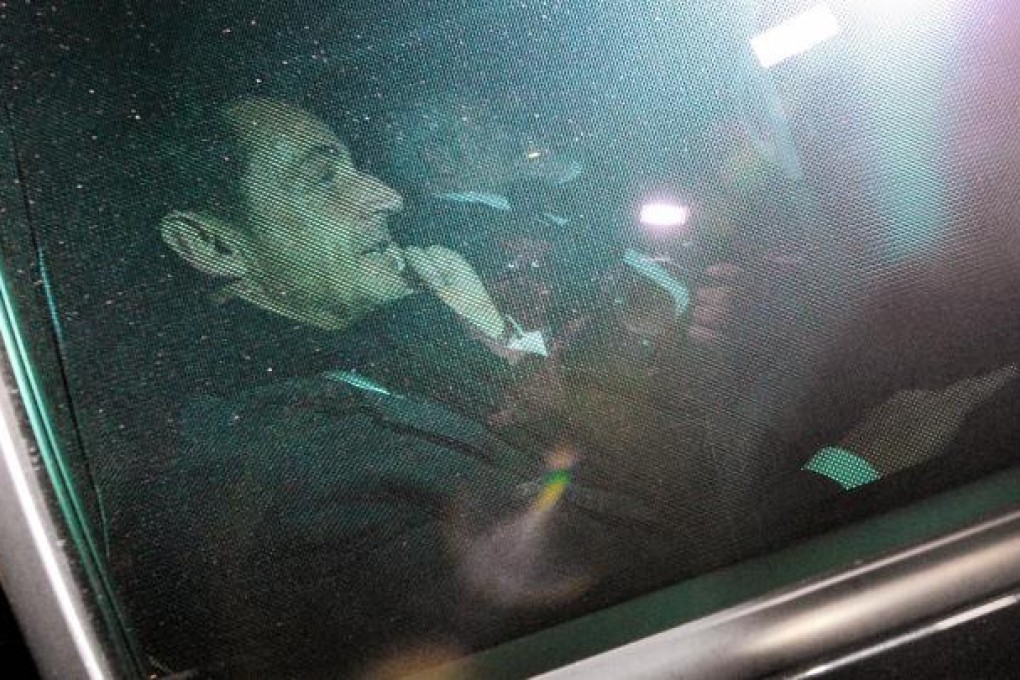Ex-president Nicolas Sarkozy in probe over cash from L'Oreal heiress
Former French president is named key - and potentially indictable - witness after answering questions about donations from L'Oreal heiress

It is a sign of how polarising the former president is for the French: Many were suspicious of his close ties to the wealthy and threw him out of office; supporters see him as the only person able to save the country's economy and wish he would return.
On Thursday, Nicolas Sarkozy was named a key - and potentially indictable - witness after 12 hours before a judge to answer questions about whether he accepted illegal campaign donations from the 90-year-old L'Oreal heiress, Liliane Bettencourt.
Bettencourt's former accountant told police she handed over €150,000 (HK$1.5 million) in cash that she was told would be passed on to Sarkozy's campaign treasurer. In July, a magistrate ordered the seizure of Sarkozy's diaries, including his calendars.
Individual campaign contributions to candidates in France are limited to €4,600, and no candidate can spend more than €22 million on an entire presidential campaign.
The investigation that has ensnared Sarkozy centres on the finances of Bettencourt, Europe's richest woman and the focus of a long-running family feud over her fortune. Bettencourt, who reportedly suffers from Alzheimer's disease, has since been placed under legal protection. A photographer and an asset manager face criminal charges of taking advantage of the L'Oreal heiress.
Sarkozy's election loss in May cost him his immunity from prosecution. By July, his offices had been raided. The Bordeaux prosecutor, Claude Lapland, told the Sipa news agency after Thursday's hearing that Sarkozy was given the status of an "assisting witness", with the possibility of facing charges later on allegations of abusing someone in an impaired state, swindling and abuse of confidence.
"Given the extremely strict rules and controls, illegal financing is completely impossible," said Claude Gueant, who was Sarkozy's campaign director at the time, chief of staff and later his interior minister.